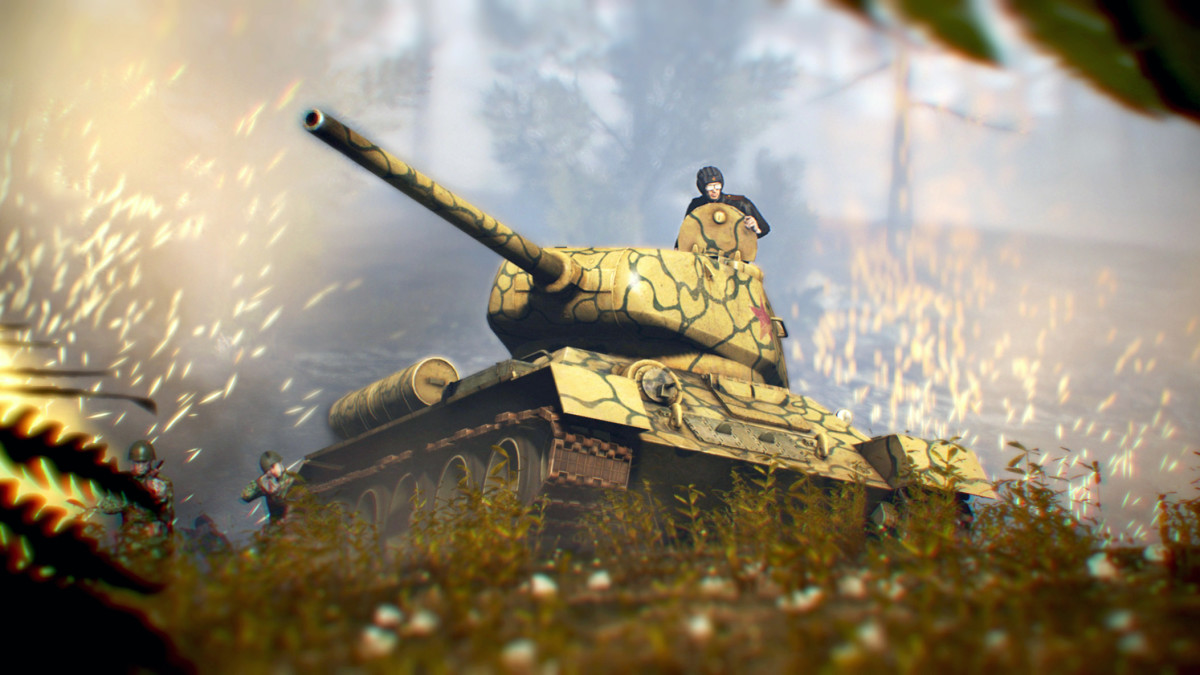
However, by the end of the war, the general opinion among both psychiatrists and military officials was that there had been too many cases of mental breakdown and that this was because screening had not been sufficiently stringent.Įven before the United States became involved in World War II, a number of leading US psychiatrists were contemplating how they could contribute to the war effort. 5 Unfortunately, no evaluation of the efficacy of this screening program was undertaken. The US armed forces rejected approximately 2% of inductees on this basis. Salmon advised the US armed forces to screen recruits and exclude “insane, feeble-minded, psychopathic, and neuropathic individuals.” 4 These individuals included those with schizophrenia and mental retardation, conditions that would clearly limit the ability to provide adequate service. He was the medical director of the National Committee for Mental Hygiene, an organization that promoted the modernization of psychiatry by advocating prevention, treatment in outpatient clinics, and research into the causes of mental illness. Salmon was the main architect of the US program of military psychiatry during World War I. 3 The involvement of psychiatrists in military conflicts not only resulted in the development of extensive expertise in the management of war-related psychiatric syndromes but also profoundly affected the development of the entire discipline of psychiatry, which incorporated new theoretical perspectives, diagnostic categories, and treatment strategies first proposed and developed by military psychiatrists. We examine the attempts of US psychiatrists during the 20th century to treat and prevent the psychiatric consequences of war by implementing screening programs, providing early intervention strategies for acute war-related syndromes near the front lines (“forward psychiatry”), and mitigating the symptoms of long-term psychiatric disability after deployment. When psychiatrists were perceived to be able to contribute to the primary goal of all army medical services, which is to conserve the fighting strength, their contributions were appreciated. However, military officials have been interested in psychiatric issues whenever they were perceived to affect the primary mission of the armed forces.

1 Military officials have also been concerned that the presence of psychiatrists encouraged the display of psychiatric symptoms. For example, they have often labeled soldiers suffering from psychiatric symptoms as cowards lacking moral fiber.

Military officials everywhere have displayed a strong ambivalence toward the involvement of psychiatrists in military affairs. During the 20th century, psychiatrists offered their assistance to the military to mitigate the effects of these and other traumatic experiences inherent in warfare. Witnessing death, destruction, and torture experiencing unexpected and at times continuous threats to one’s life or participating in hostilities and killing can potentially lead to mental health problems. It can also have significant mental health consequences for military personnel.

WITNESSING ACTS OF WARFARE, including killing, torture, and widespread devastation, can be severely upsetting. Reprinted with permission from Stars and Stripes, 1991, 2006. The face of a soldier from Ghost Troop, 2nd Armored Cavalry Regiment, shows strain in the aftermath of the Battle of the 73 Easting during Operation Desert Storm, Iraq, February 26, 1991.


 0 kommentar(er)
0 kommentar(er)
